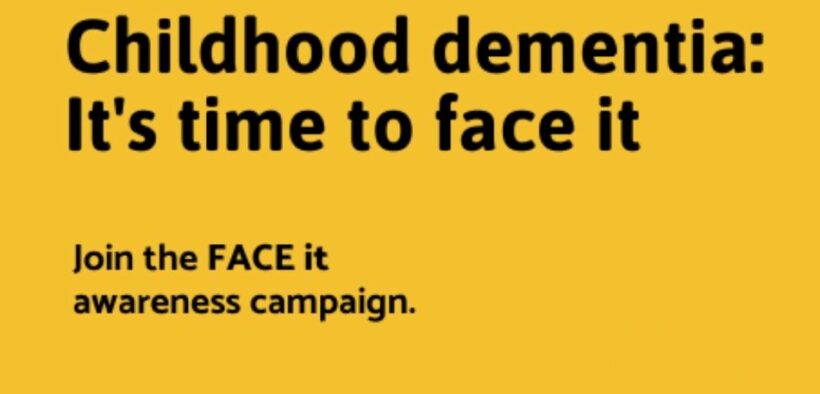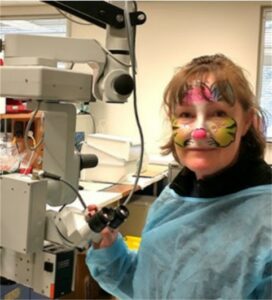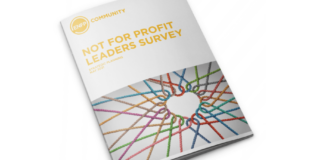World’s first Childhood Dementia Day: a chance for adults to be kids again
Share

A colourful awareness campaign for childhood dementia is asking adults to get messy with face paints. People are being asked to post photos of their painted faces to social media on September 22, the world’s first Childhood Dementia Day, with the slogan: “Childhood dementia: it’s time to FACE it. Childhood dementia exists and we must act”.
The push aims to increase awareness that approximately 700,000 children globally, and 2,273 in Australia, are living with dementia. Like adults with dementia, children progressively lose their memories, skills, and the ability to speak and move. Most children with dementia have a life expectancy of just 18 years of age. The prevalence and incidence of childhood dementia are similar to better-known disorders like motor neurone disease and cystic fibrosis.

Associate Professor Kim Hemsley, It’s time to FACE it!
Despite these numbers, Childhood Dementia Initiative CEO and founding Director, Megan Donnell, says options for children are limited. “Children aren’t just suffering and dying. They’re suffering and dying often without adequate care for their complex needs or hope that treatments will be found. There isn’t a sense of urgency to find them solutions.”
Megan says awareness is key to helping children. “Government decision makers, researchers and health care professionals first need to be aware of childhood dementia and the urgent need for action in order to come together and solve it,” she says. “This is a world-first push for children with dementia. We’re telling people to be as messy and colourful as they like. Childhood Dementia Day gives adults a chance to be kids again, but could also give kids the chance to be adults,” says Megan.
Associate Professor Kim Hemsley PhD, Head of the Childhood Dementia Research Group, College of Medicine and Public Health, at Flinders University, South Australia, is among scientists who are joining the campaign and encouraging others to get involved. She is one of the experts who sits on Childhood Dementia Initiative’s Scientific and Medical Advisory Committee, contributing to the cause free of charge.
“Thousands of children in Australia are currently suffering with dementia-causing disorders because we don’t have effective treatments. Together we can raise awareness, raise funds and increase research efforts to provide therapies that can allow these children, in the words of one of their parents, to have careers, not carers.”
Over 70 genetic disorders are known to cause childhood dementia. They’ve traditionally been treated and researched in isolation. Some only gain attention due to organisations established by affected families. Fewer than 5% of these disorders have effective treatments. Childhood Dementia Initiative was founded in 2020 to drive research and care for these disorders as a collective.
“It’s a bit like an entire school being on fire and there being a few heroic parents pointing hoses at individual classrooms, desperately trying to save as many children as they can. They need someone to call the fire department and emergency services. That’s what this campaign is. It’s raising the alarm so that we can get more people and resources focused on saving all children with dementia,” says Megan Donnell.
Lourdes Antenor is an experienced writer who specialises in the not-for-profit sector and its affiliations. She is the content producer for Third Sector News, an online knowledge-based platform for and about the Australian NFP sector.

















